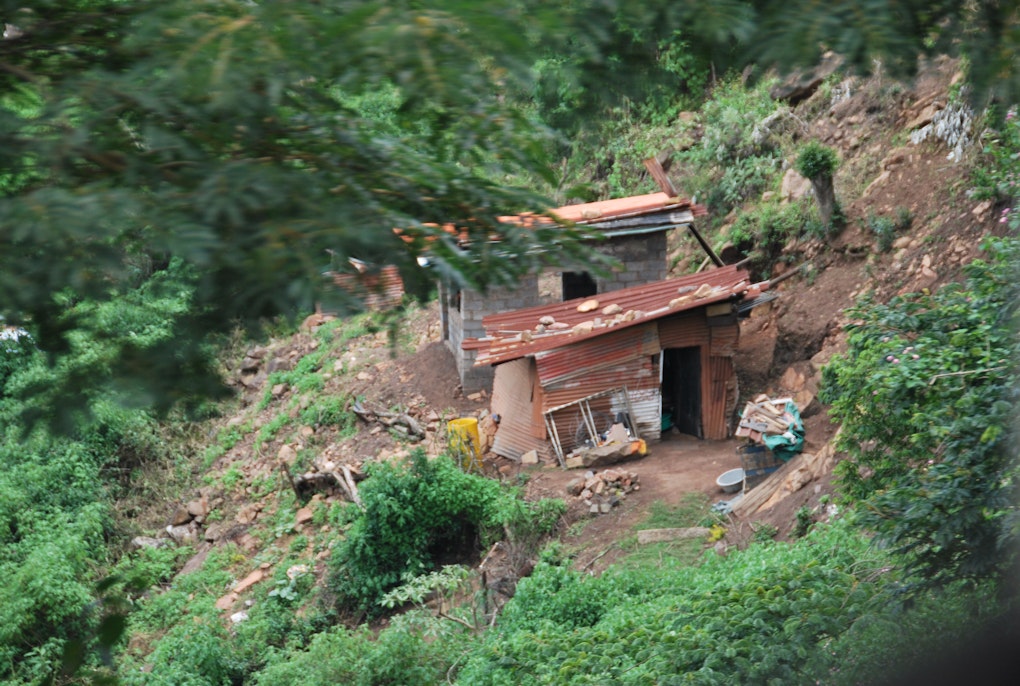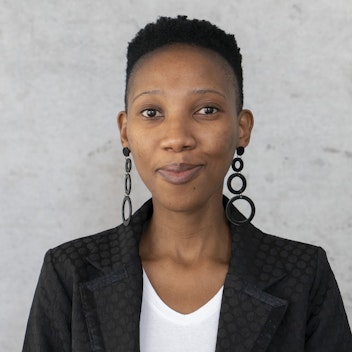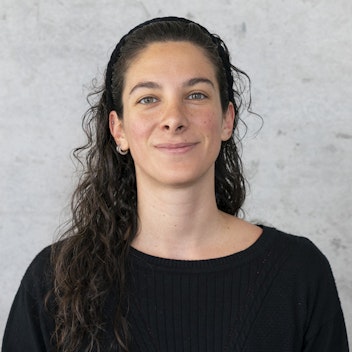
Seeking bolder and stronger climate action: A historic UN resolution requests the ICJ to issue an opinion on climate obligations
 Federica Cittadino
Federica Cittadino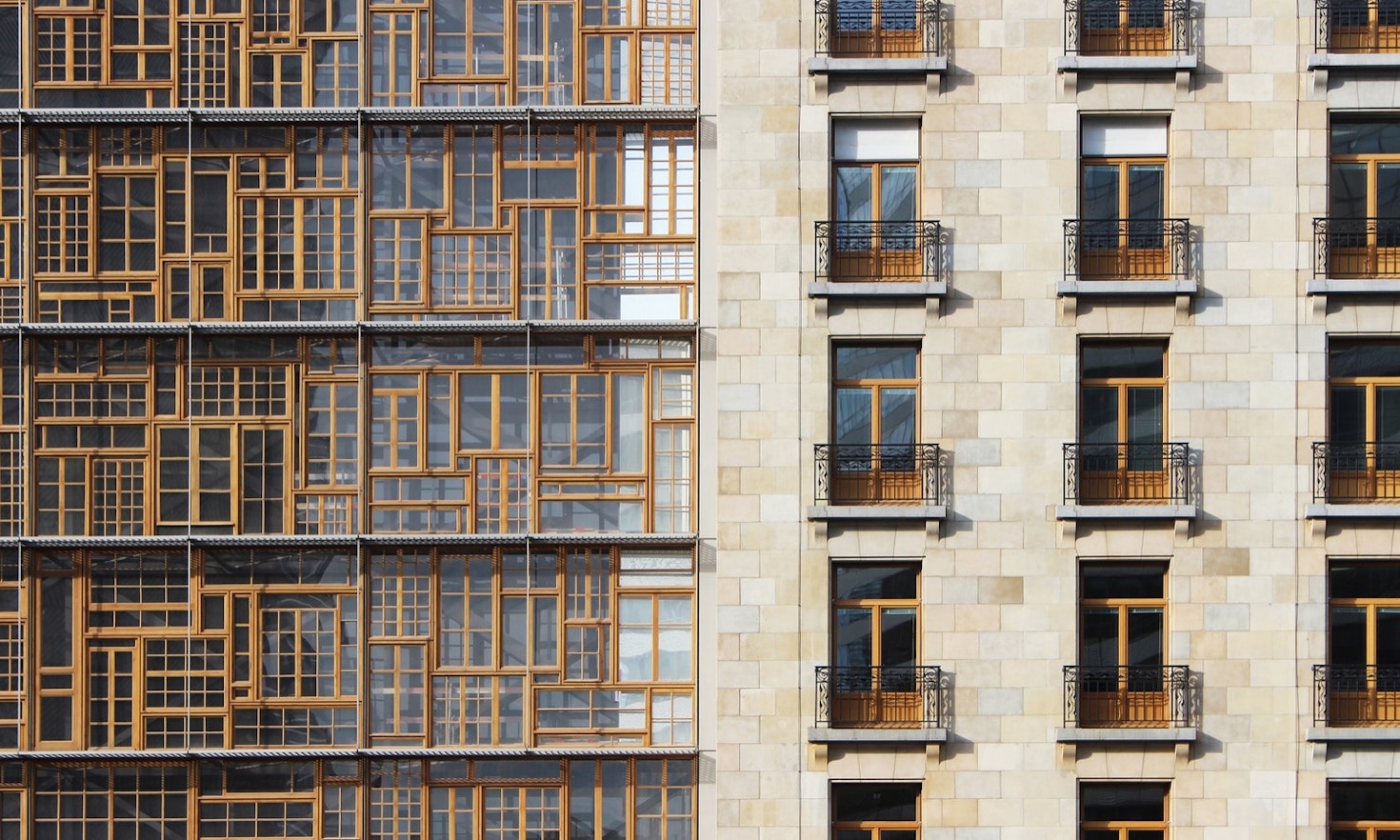
The European Council is not the Council of the EU. From the latter it differs in terms of both composition and function.
The European Council is the apex political institution: it is responsible for providing the Union with the necessary general impetus for its development, rather than being vested with a specific decision-making power in legal terms. In fact, it does not exercise any legislative function, while it is in charge of setting the EU strategic agenda, defining the overall political direction and priorities. It also sets the general guidelines for the Common Foreign and Security Policy (CFSP) and agrees on common strategies for its implementation; it has played a central role in tackling the fallout from the global banking crisis. In this respect it is worth stressing that the Euro summit is the meeting of the heads of state or government of the member states of the eurozone (those EU states which have adopted the euro) and as such it is distinct from the European Council, where all EU leaders sit.
The European Council is also responsible for adopting fundamental decisions, related to the most sensitive issues regarding the life of the EU and its institutions, such as the nomination of the President of the Commission and the appointment of the EU Commission, or defining crucial aspects related to the functioning of the other institutions, like the distribution of seats within the Parliament. Furthermore, it plays a central role when it comes to the amendment of EU Treaties or to EU-membership related decisions. It also acts as political arbitrator, for instance in order to unblock a decision of the Council of the EU, or to mediate between divergent positions between the States.
Its prominent role is reflected in the peculiar intergovernmental composition. It is composed of the heads of state or of government of all EU member states; the European Council President and the President of the European Commission are also full members. If foreign affairs are under discussion, the High Representative for Foreign Affairs and Security Policy takes part in the meeting.
It is located in Brussels and meetings are held at least four times a year, though in practice they are more numerous due to the need to address issues like the financial and the debt crisis, migration flows to the EU and internal security issues. As a rule, decisions are made by consensus, unless the EU treaties provide otherwise. In well-determined cases the Council decides by unanimity or by qualified majority; if so, neither the European Council President nor the Commission President can vote.
Since 2009, the European Council President has been elected by the European Council itself by qualified majority. The President is a permanent post as he/she remains in office for two and a half years, renewable for another term. His/her main functions are to chair and direct the Council, to prepare its work, and guarantee a certain degree of cohesion and consensus among member countries. Without prejudice to the powers of the EU’s High Representative for Foreign Affairs and Security Policy, the President ensures the external representation of the Union on issues concerning its common foreign and security policy. He/she reports to the Parliament about the work of the institution.
The provision of the Presidency as a long-term office has enhanced the collective dimension of the European Council as an institution expressing a unitary voice, distinct from that of its single members. This has resulted in a more significant role for this institution in the EU decision-making process.
 |
Alice Valdesalici is an award-winning senior researcher at the Institute for Comparative Federalism of Eurac Research. She got her PhD in Italian and Constitutional Law from the University of Verona in 2016. Her main research interests are Comparative Federalism, Italian Regionalism & the special autonomy of Trentino-South Tyrol and Institutional Innovation. |
This content is licensed under a Creative Commons Attribution 4.0 International license.

 Federica Cittadino
Federica Cittadino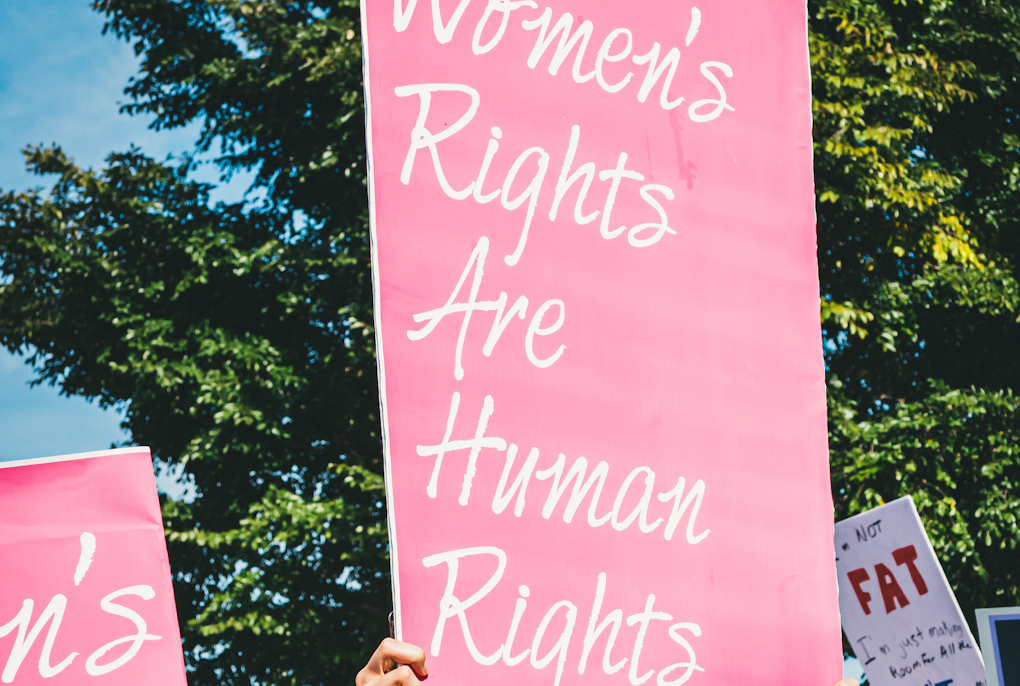
 Uwe Fromm
Uwe Fromm